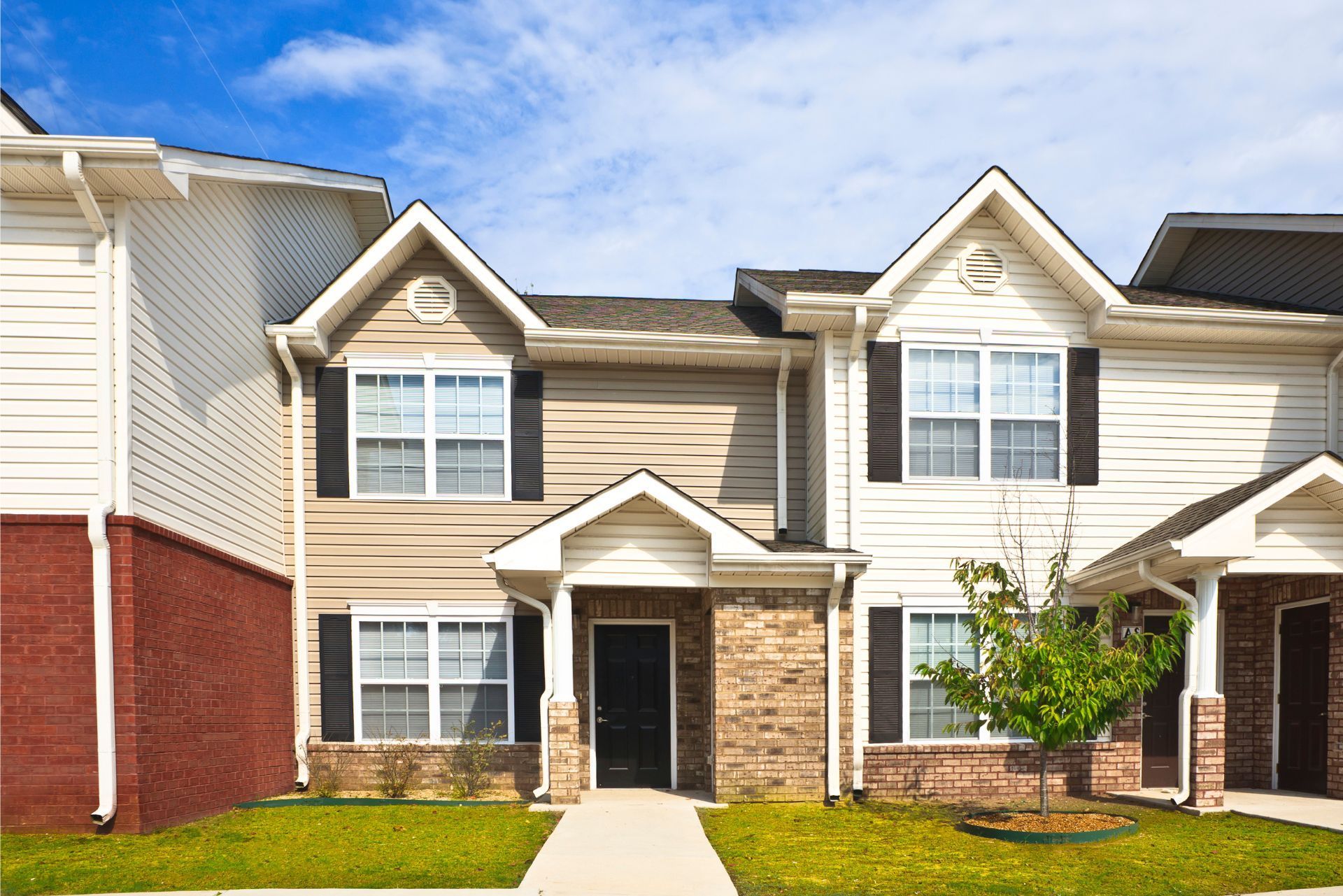Oklahoma Single-Family Rental Property Insurance

See How We're Different:
Call Us: (405) 241-9710
Top 3 Recommended Policies
Index
Contact Us
Phone
Location
Investing in single-family rental properties in Oklahoma can be a lucrative venture, but it also comes with its own set of risks. Protecting your investment with the right insurance is crucial to safeguarding against unforeseen events that could lead to financial loss. This comprehensive guide explores everything you need to know about insuring single-family rental properties in Oklahoma, from understanding the types of coverage available to tips on selecting the best policy for your needs.
Understanding Rental Property Insurance
What is Rental Property Insurance?
Rental property insurance, also known as landlord insurance, is a type of policy designed to protect property owners from potential risks associated with renting out their properties. Unlike a standard homeowner's insurance policy, rental property insurance covers the unique liabilities and damages that can occur when a property is leased to tenants. This includes protection against property damage, liability claims, and loss of rental income.
In Oklahoma, rental property insurance is particularly important due to the state's susceptibility to natural disasters such as tornadoes and floods. These events can cause significant damage to properties, making it essential for landlords to have adequate coverage to mitigate financial losses.
Types of Coverage Available
Rental property insurance policies typically offer several types of coverage, each designed to address specific risks. The primary types of coverage include:
- Property Damage: This covers physical damage to the structure of the rental property caused by events like fire, storm, vandalism, or other covered perils.
- Liability Protection: This provides coverage if a tenant or visitor is injured on the property and holds the landlord responsible. It can cover legal fees, medical expenses, and settlements.
- Loss of Rental Income: If the property becomes uninhabitable due to a covered loss, this coverage compensates for lost rental income during the repair period.
- Optional Add-ons: Depending on the insurer, landlords can opt for additional coverage such as flood insurance, earthquake insurance, or coverage for landlord's personal property used to service the rental.

Factors Affecting Insurance Premiums
Location and Property Characteristics
The location of your rental property in Oklahoma significantly impacts your insurance premiums. Properties in areas prone to natural disasters or high crime rates may attract higher premiums due to the increased risk of claims. Additionally, the age, size, and construction type of the property can also influence the cost of insurance. Older properties or those with outdated systems may be more expensive to insure due to the higher likelihood of needing repairs.
Insurers also consider the property's proximity to emergency services, such as fire stations and police departments, when determining premiums. Properties closer to these services may benefit from lower rates as they are perceived to be at a reduced risk of extensive damage or theft.
Tenant Screening and Maintenance
Insurance companies often assess the landlord's tenant screening process and property maintenance practices. A thorough screening process that includes credit checks, rental history, and background checks can reduce the likelihood of problematic tenants, which in turn can lead to fewer claims. Regular maintenance and prompt repairs also demonstrate responsible property management, potentially lowering insurance costs.
Maintaining a good relationship with tenants and ensuring that the property is well-kept can prevent accidents and damage, thus reducing the chances of filing claims. This proactive approach can be beneficial when negotiating insurance premiums with providers.
How to Choose the Right Insurance Policy
Assessing Your Coverage Needs
Before selecting an insurance policy, it's important to assess your specific coverage needs. Consider the value of your property, the potential risks associated with its location, and the type of tenants you are likely to attract. Evaluate whether you need additional coverage options, such as flood or earthquake insurance, based on the property's geographical location and historical weather patterns.
It's also crucial to determine the level of liability protection you require. This involves considering the number of units you own, the frequency of tenant turnover, and any additional amenities provided, such as swimming pools or gyms, which may increase liability risks.
Comparing Insurance Providers
Once you have a clear understanding of your coverage needs, compare policies from multiple insurance providers. Look for insurers with a strong reputation for customer service and claims handling. Reading reviews and seeking recommendations from other landlords can provide valuable insights into the reliability of different insurers.
When comparing policies, pay attention to the coverage limits, deductibles, and exclusions. Ensure that the policy offers comprehensive protection without any significant gaps. It's also advisable to inquire about discounts for bundling policies or implementing safety measures, such as installing security systems or fire alarms.
Consulting with an Insurance Agent
Working with an experienced insurance agent can simplify the process of selecting the right policy. An agent can provide personalized advice based on your specific circumstances and help you navigate the complexities of rental property insurance. They can also assist in identifying potential discounts and negotiating better terms with insurers.
Ensure that the agent you choose is familiar with the Oklahoma rental property market and has a good understanding of the risks associated with the region. This expertise can be invaluable in securing the most appropriate coverage for your investment.
Common Claims and How to Handle Them
Property Damage Claims
Property damage claims are among the most common types of claims filed by landlords. These can result from natural disasters, tenant negligence, or vandalism. When filing a claim for property damage, it's important to document the damage thoroughly with photographs and detailed descriptions. Promptly report the incident to your insurer and provide all necessary documentation to support your claim.
Working with reliable contractors for repairs and keeping records of all repair costs can expedite the claims process. Maintaining open communication with your insurer and following their guidelines can also help ensure a smooth resolution.
Liability Claims
Liability claims arise when a tenant or visitor is injured on the property and holds the landlord responsible. To handle liability claims effectively, landlords should maintain detailed records of property maintenance and any safety measures implemented. This documentation can be crucial in defending against claims of negligence.
In the event of a liability claim, notify your insurer immediately and provide all relevant information. Cooperate fully with the insurer's investigation and legal proceedings, if necessary. Having a solid understanding of your policy's
liability coverage limits and exclusions can help manage expectations during the claims process.

Conclusion
Insuring single-family rental properties in Oklahoma is an essential step in protecting your investment and ensuring long-term financial stability. Understanding the various types of coverage available, the factors affecting insurance premiums, and how to choose the right policy can empower landlords to make informed decisions. By proactively managing risks and maintaining open communication with insurance providers, landlords can safeguard their properties and enjoy the benefits of rental property ownership with peace of mind.

